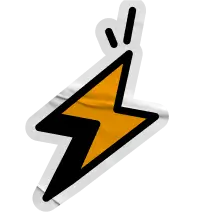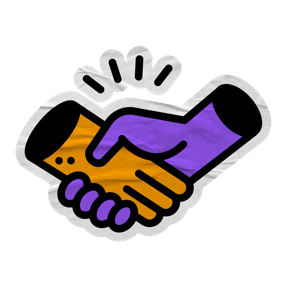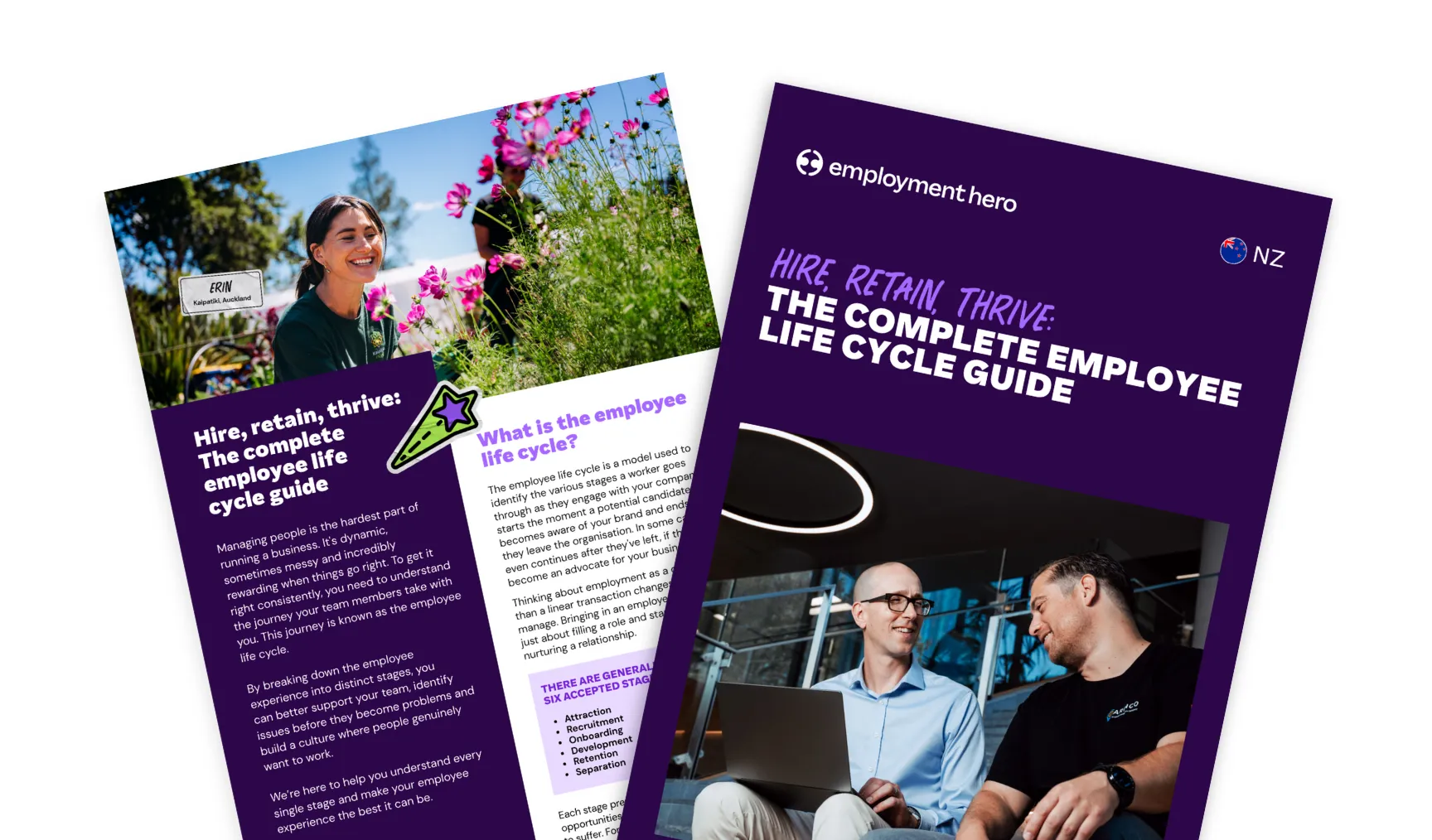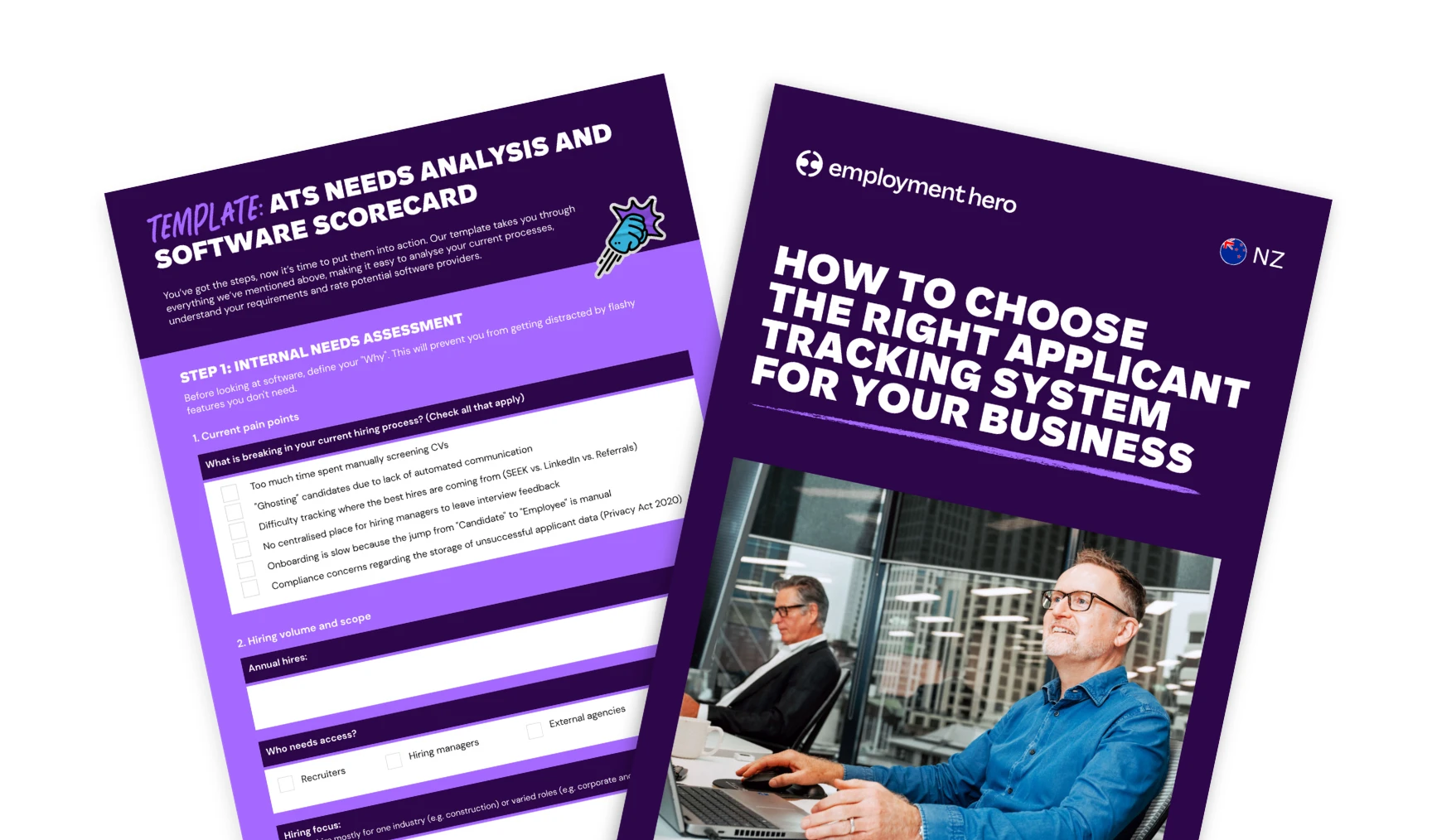Medical Receptionist job description: Duties, skills and responsibilities
Published
Medical Receptionist job description: Duties, skills and responsibilities
Published
2 min read
Looking to hire a Medical Receptionist? Ensuring you have an understanding of the responsibilities and skills needed for this crucial role is a key step in your hiring process. A polished job description helps you attract the right candidate who can contribute to both the operational flow and the quality of patient care in your clinic or practice.
Here’s a detailed guide on crafting a comprehensive job description for a Medical Receptionist and what to consider when recruiting for this vital position.
Medical Receptionist job duties and responsibilities
Medical Receptionists are integral to the seamless daily operations of any healthcare practice or medical centre. They serve as the initial point of contact for patients and ensure that their experience, from scheduling appointments to billing inquiries, runs smoothly. Their role encompasses administrative responsibilities, patient communication and clinic collaboration.
Unlike general reception roles, this position demands specific knowledge of medical terminology, an understanding of hospital and staff routines and familiarity with complex booking procedures.

Here are the core responsibilities that define a Medical Receptionist’s role:
- Patient management:
- Greet patients warmly and assist them in checking in for their appointments.
- Address patient inquiries in a professional and empathetic manner.
- Schedule, reschedule and confirm patient appointments, ensuring optimised time slots.
- Administrative tasks:
- Accurately maintain and update patient records in line with privacy and regulatory requirements.
- Handle billing processes, including processing payments, insurance claims and explaining policies to patients.
- Prepare daily reports and manage clinical correspondence.
- Clinic support:
- Coordinate communication between healthcare providers, patients, and other staff to ensure efficient day-to-day clinic operations.
- Manage clinic inventory by monitoring and ordering office and medical supplies.
- Maintain a clean and organised reception area to create a welcoming atmosphere.
A skilled Medical Receptionist acts as the glue between administrative workflows and patient care, ensuring everything operates like clockwork.
Concerned about an influx of applications? Employment Hero’s recruitment software is designed to help Small-to-Medium Enterprises manage the entire process.
What should be included in a Medical Receptionist job description?
Crafting a clear and comprehensive job description is crucial to attracting the right talent. A Medical Receptionist job description should include:
- Core responsibilities: These should give a complete overview of daily tasks, such as appointment management, record keeping, patient billing and clinic coordination.
- Required skills: Highlight essential technical abilities like familiarity with medical software, as well as soft skills like communication and empathy.
- Compliance adherence: Outline any laws or professional guidelines the candidate should be familiar with, such as patient confidentiality and health information privacy requirements.
- Personal traits and qualities: Point to attributes like strong multitasking capabilities, attention to detail, adaptability and a commitment to exceptional patient care.
A good job description will also state company-specific requirements, such as preferred clinic management systems, operating hours or any expectations for bilingual skills if applicable.
Example job description
We’re looking for a compassionate and highly organised Medical Receptionist to join our team. You’ll be the first point of contact for our patients, ensuring their experience is smooth, pleasant and efficient. Your role will require strong administrative skills, excellent communication, and the ability to prioritise in a dynamic environment.
Responsibilities:
- Welcome patients as they arrive, provide check-in assistance, and verify appointment details.
- Answer telephone and email inquiries promptly while ensuring a professional and caring manner.
- Maintain, organise, and update patient records in the practice’s software system.
- Ensure alignment with privacy laws and health information protection compliance (e.g. HIPAA or local regulations).
- Process billing transactions, claims, and invoices accurately while explaining policies to patients.
- Schedule, reschedule or cancel patient appointments, maintaining optimised workflows.
- Coordinate between patients, medical professionals and external suppliers.
- Order and manage inventory of office and medical supplies.
- Monitor and manage the cleanliness of the reception and waiting room area.
Qualifications and experience:
- Proven experience as a Medical Receptionist or in a similar administrative role (preferred).
- Proficiency with medical office software systems and a strong aptitude for learning new technologies.
- Knowledge of healthcare compliance standards and privacy acts.
- Excellent customer service and interpersonal communication skills.
- Exceptional organisational skills with an ability to multitask in a busy environment.
Work conditions:
- The position requires working during regular clinic hours with some flexibility during peak periods.
- Must be comfortable sitting or standing for extended periods and handling light lifting duties for inventory restocking.
How to apply:
If you thrive in a people-oriented and detail-driven role, we’d love to hear from you. Please submit your resume and a brief cover letter outlining your interest in the role and relevant experience.

What is the best way to screen candidates?
To find the right candidate, focus on screening methods that evaluate both technical proficiency and interpersonal skills. Here’s how to optimise your screening process:
- Resume review:
- Look for prior experience in medical reception or administrative roles.
- Take note of any experience with healthcare-specific software or billing systems.
- Scenario-based questions:
- Use interviews to test how candidates handle challenges, such as scheduling conflicts or managing distressed patients.
- Assess how they approach sensitive topics like patient confidentiality or unexpected medical emergencies.
- Skills tests:
- Provide a mock task, such as scheduling conflicting appointments or creating an invoice, to gauge their organisational capabilities.
Looking to streamline your recruitment process? Employment Hero’s SmartMatch tool speeds up the process by offering instant access to pre-qualified candidates. Find the right talent in seconds.
Employment Hero gives you a talent pool with millions of active job-seekers, ready and waiting to work – without the need for any job ads

Instant matches, no waiting
Skip the job ads. Every role gets a live shortlist of quality candidates, instantly matched from a network of over 1 million active job-seekers.

Cut costs, hire smarter
Reduce recruitment spend and time-to-hire by up to two weeks. With candidates built in, there’s no need for costly ads or long delays.

From sourcing to onboarding
SmartMatch handles the entire hiring journey: sourcing, shortlisting, and onboarding. That’s time back to focus on growing your team.
What skills should a Medical Receptionist have?
For a Medical Receptionist to succeed in their role, they need a mix of technical expertise and interpersonal abilities. The ideal candidate will balance efficient administration with exceptional patient care.
Core skills:
- Technical proficiency with clinic management software, patient scheduling, and billing systems.
- Problem-solving capabilities for resolving appointment clashes or handling patient complaints.
- Interpersonal skills, including empathy and active listening, to manage diverse patient needs.
Examples of soft skills:
- Adaptability to work in fast-paced and unpredictable clinic environments.
- A commitment to professionalism and confidentiality when handling sensitive patient data.
- Attention to detail to ensure accuracy in tasks such as billing, documentation and scheduling.

What qualifications should a Medical Receptionist have?
While formal qualifications aren’t always required, the following can be valuable to candidates and employers alike:
- Education: A high school diploma is often the minimum requirement, but a certification in medical administration or healthcare is highly desirable.
- Training: Prior exposure to privacy compliance standards, such as HIPAA or New Zealand’s Health Information Privacy Code.
- Experience: Experience in health-related administration or customer service positions is preferred but not mandatory for all clinics.
Should a Medical Receptionist be required to have any specific experience?
The responsibilities of a Medical Receptionist evolve with experience, progressing from foundational tasks to more complex administrative and potentially supervisory duties.
- General duties: Core responsibilities across all levels typically include scheduling appointments, processing bills and payments, managing documents through faxing, scanning, and filing, monitoring and ordering clinical supplies, organising meetings, and strictly maintaining patient confidentiality.
- Junior/Entry-level: Individuals in junior or entry-level roles primarily focus on these foundational tasks. Their duties often revolve around greeting patients, performing basic scheduling and accurate data entry. On-the-job training is a common component for new entrants, providing them with the necessary skills to navigate the specific demands of a medical environment.
- Mid-level: A mid-level Medical Receptionist demonstrates proficiency in all general duties. They are typically capable of handling more intricate scheduling requirements, managing complex invoicing and addressing a broader range of patient queries independently. At this stage, they may also begin to provide more direct administrative support to healthcare professionals within the practice.
- Senior-level: Senior Medical Receptionists often undertake advanced administrative support functions. Their responsibilities may include efficiently managing patient flow, resolving complex billing or insurance queries and acting as mentors for junior staff. Some senior positions may also involve team lead responsibilities, overseeing other receptionists or taking on aspects of office management or practice administration.
Found a candidate and ready to make an offer? Download our Employment Offer Letter Template to streamline the process.
Hire fast. Hire right. All in one place with Employment Hero
For small businesses, hiring can feel like a full-time job on top of everything else. Sorting through irrelevant applications. Chasing down resumes. Coordinating interviews across packed calendars. When the right person finally comes along, you need to be ready. The best candidates aren’t on the market for long, and drawn-out processes can mean missing out altogether.
That’s why it pays to have an all-in-one Employment Operating System do the heavy lifting. With Employment Hero you can:
- Attract better candidates. Get your role in front of the right people – even if they’re not actively looking – with smart tools that go beyond traditional job boards.
- Cut down on manual work. Automate job ads, track applicants in one place, and use built-in tools to shortlist efficiently.
- Keep things moving. With structured scorecards and a clear hiring workflow, your team can make confident decisions, fast.
- Set new hires up for success. Digital contracts and tailored onboarding workflows help new team members hit the ground running.
It’s not about adding more steps – it’s about simplifying the right ones, so you can make better hires, faster.
Whether you’re hiring your first employee or growing your team, Employment Hero’s all-in-one Employment Operating System helps you focus on what matters: finding great people and getting them through the door.
Frequently asked questions about Medical Receptionist roles
Daily responsibilities for a Medical Receptionist include: greeting patients, managing appointment scheduling, processing billing and insurance transactions and coordinating communication between medical staff and patients.
Businesses can highlight benefits like professional development opportunities, a supportive workplace culture and competitive compensation. It’s not just about the salary, find out how to build your Employee Value Proposition with our downloadable worksheet.
While optional, certifications in medical administration or healthcare add value. On-the-job training can address role-specific needs.
Register for the Template.
Related Resources
-
 Read more: Hire, retain, thrive: The complete employee life cycle guide
Read more: Hire, retain, thrive: The complete employee life cycle guideHire, retain, thrive: The complete employee life cycle guide
Learn the full scope of the employee life cycle and how it impacts recruitment, onboarding and retention.
-
 Read more: How to choose the right ATS for your business
Read more: How to choose the right ATS for your businessHow to choose the right ATS for your business
Learn how to choose the right applicant tracking system. Explore features, vendor questions, red flags, and comparison tips in this…






















